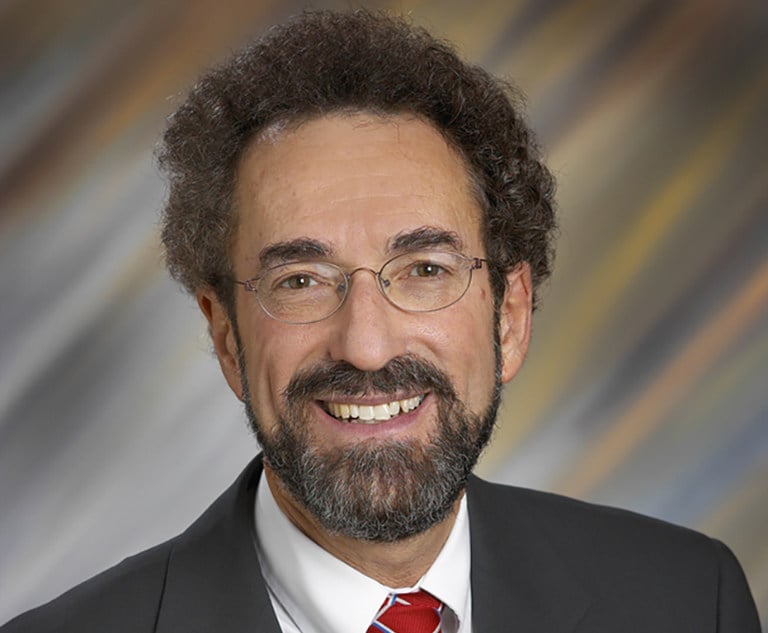The pressure on American courts to work out social problems continues unabated. The courts have addressed the issue of whether a Black man is a “person” under the Constitution or “property” in pre-Civil War times. In 1905, the U.S. Supreme Court found that Massachusetts could fine a man for refusing a smallpox vaccine. The courts have weighed in on issues from child labor to gay marriage and abortion.
Therefore, it is no shock or surprise that the courts are now asked to determine how far the legislature or the executive may go in developing rules with respect to fighting the COVID-19 pandemic. Not surprisingly, most executives have relied upon their own emergency powers, rather than new legislation, to impose vaccine, mask and other mandates.
This content has been archived. It is available through our partners, LexisNexis® and Bloomberg Law.
To view this content, please continue to their sites.
Not a Lexis Subscriber?
Subscribe Now
Not a Bloomberg Law Subscriber?
Subscribe Now
LexisNexis® and Bloomberg Law are third party online distributors of the broad collection of current and archived versions of ALM's legal news publications. LexisNexis® and Bloomberg Law customers are able to access and use ALM's content, including content from the National Law Journal, The American Lawyer, Legaltech News, The New York Law Journal, and Corporate Counsel, as well as other sources of legal information.
For questions call 1-877-256-2472 or contact us at [email protected]


 Cliff Rieders, of Rieders, Travis, Humphrey, Waters, & Dorhmann. Courtesy photo
Cliff Rieders, of Rieders, Travis, Humphrey, Waters, & Dorhmann. Courtesy photo
